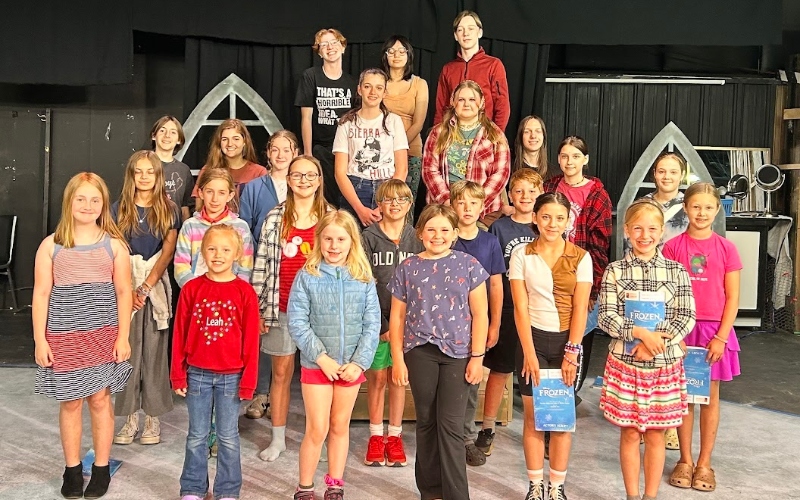Hawaiian Islands: Ground zero in the debate over genetically modified organisms
Published 8:53 am Tuesday, February 19, 2013
Shiva is best known for her opposition to GMO crops, globalization, the privatization of land and water and what she describes as a “war against the earth.”
The 1993 recipient of the Right Livelihood Award (also known as the “Alternative Nobel Prize”) and founder of Navdanya, a programme dedicated to protecting traditional crops through seed banking, Shiva was invited to the islands by Hawaii SEED, a coalition of grassroots groups promoting alternatives to GE farming.
“[Hawaii] has become like a nerve centre for the expansion of destruction,” Shiva said. “GMOs are not a safe alternative to poisons, they are pushed by a poison industry to increase the sale of both the poisons and simultaneously monopolise the seed.”
Evoking the 1984 Bhopal, India disaster when a chemical leak from a Union Carbide plant (now a subsidiary of Dow Chemical) killed and injured tens of thousands, Shiva – who was trained as a physicist – embarked on a connect-the-dots tour of how she says yesterday’s war chemicals manufacturers reinvented themselves as the agrochemical industry, before mutating into the biotech industry.
“War and agriculture came together when the chemicals that were produced for warfare lost their market – and the industry organized itself to sell those chemicals as agrochemicals,” Shiva said. As gene splicing techniques advanced, she said corporations saw GE crops as a means to claim creative and inventive rights, patent seeds and collect royalties.
The right to know
One of the organizers of Shiva’s visit, Hawaii SEED president and co-founder Jeri Di Pietro, says there is growing unease across Hawaii about open-air testing of GE crops and associated chemicals. She points to cases of children in schools near test fields who have gone home sick with headaches, nausea and other symptoms she and others suspect may be the result of agrochemicals.
Similarly, Kauai County Council member Gary Hooser says many in the community are worried about GMO testing and the effects of pesticides and other agrochemicals.
But he has other concerns, too. “It’s not just about whether eating GMO corn is good or bad for you,” says Hooser. “It’s about issues of morality in terms of the impacts of these crops and practices on farmers in India, the globalization and control of the world’s food supply by corporations – and whether or not the patenting of life forms is moral.
He says that the passage of legislation reducing the effects of herbicides and pesticides, further regulating GMOs or banning open-air testing by a small community like Kauai would send a message far beyond Hawaii.
A successful GMO labeling bill passed in Hawaii could have nation-wide impact. Let’s stay informed, active and spread small sustainable farming Aloha for all our communities. Many Mahaolos.





